Anniversary of NATO's attack on state TV premises
Today marks 13 years since 16 employees of Serbia's state broadcaster RTS died when NATO warplanes attacked the media outlet's building in Belgrade.
Monday, 23.04.2012.
09:45

Today marks 13 years since 16 employees of Serbia's state broadcaster RTS died when NATO warplanes attacked the media outlet's building in Belgrade. The victims' families, friends and colleagues will gather today in Belgrade's Tasmajdan Park to mark the day at a memorial dubbed Zasto (Why). Anniversary of NATO's attack on state TV premises The memorial was built by the families, who say that they have not received the answer to the question why their loved ones died. Director Janko Baljak, who made two documentaries on the subject, said that "real guilty parties are still free", and that "the same handwriting and the same secret" is in place as with political murdered of Slavko Curuvija, Dada Vujasinovic, and soldiers in the Topcider barracks. Dragoljub Milanovic, who was RTS director at the time of the attack, was in 2002 sentenced to ten years in prison for not respecting a federal government order to evacuate the workers and the equipment from Aberdareva St. The victims of the NATO attack on the RTS building, that took place at 02:06 CET on April 23, 1999, were: Jelica Munitlak, Ksenija Bankovic, Darko Stojmenovski, Nebojsa Stojanovic, Dragorad Dragojevic, Dragan Tasic, Aleksandar Deletic, Slavisa Stevanovic, Sinisa Medic, Ivan Stukalo, Dejan Markovic, Milan Joksimovic, Branislav Jovanovic, Milan Jankovic, Tomislav Mitrovic, and Slobodan Jontic. The Association of Journalists of Serbia UNS) and the Union of Journalists of Serbia (SINOS) have called on journalist associations and unions in NATO member-countries to seek independent investigations into this "war crime". "UNS and SINOS expect the State Public Prosecution to finally determine who in Serbia and in the former Federal Republic of Yugoslavia is responsible for not taking all the measures to ensure the safety of civilians after NATO headquarters announced that the RTS building was a legitimate military target," said they. The two organizations also noted that all relevant global human rights organizations condemned the killing of civilians in the attack on the RTS building, while Amnesty International considers it a war crime. The statement concludes that the attack established a practice in subsequent wars of the use of military force against media outlets, despite the fact that civilian structures cannot be considered military targets. Daylight on April 23 showed the extent of damage of the nighttime attack (file) B92 Beta Tanjug
Anniversary of NATO's attack on state TV premises
The memorial was built by the families, who say that they have not received the answer to the question why their loved ones died.Director Janko Baljak, who made two documentaries on the subject, said that "real guilty parties are still free", and that "the same handwriting and the same secret" is in place as with political murdered of Slavko Ćuruvija, Dada Vujasinović, and soldiers in the Topčider barracks.
Dragoljub Milanović, who was RTS director at the time of the attack, was in 2002 sentenced to ten years in prison for not respecting a federal government order to evacuate the workers and the equipment from Aberdareva St.
The victims of the NATO attack on the RTS building, that took place at 02:06 CET on April 23, 1999, were: Jelica Munitlak, Ksenija Banković, Darko Stojmenovski, Nebojša Stojanović, Dragorad Dragojević, Dragan Tasić, Aleksandar Deletić, Slaviša Stevanović, Siniša Medić, Ivan Stukalo, Dejan Marković, Milan Joksimović, Branislav Jovanović, Milan Janković, Tomislav Mitrović, and Slobodan Jontić.
The Association of Journalists of Serbia UNS) and the Union of Journalists of Serbia (SINOS) have called on journalist associations and unions in NATO member-countries to seek independent investigations into this "war crime".
"UNS and SINOS expect the State Public Prosecution to finally determine who in Serbia and in the former Federal Republic of Yugoslavia is responsible for not taking all the measures to ensure the safety of civilians after NATO headquarters announced that the RTS building was a legitimate military target," said they.
The two organizations also noted that all relevant global human rights organizations condemned the killing of civilians in the attack on the RTS building, while Amnesty International considers it a war crime.
The statement concludes that the attack established a practice in subsequent wars of the use of military force against media outlets, despite the fact that civilian structures cannot be considered military targets.











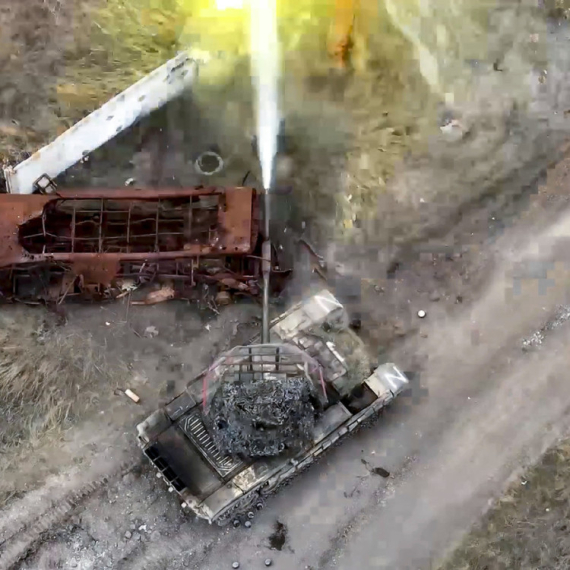


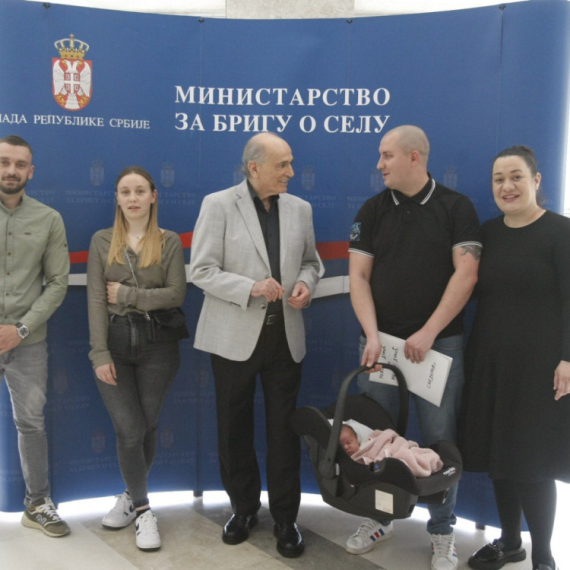
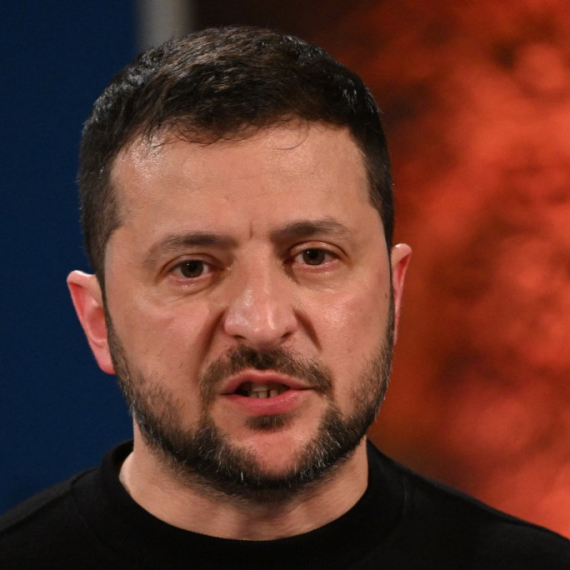


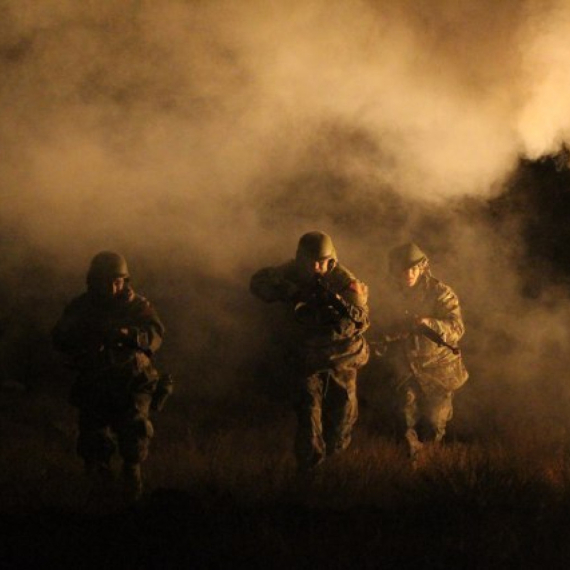

















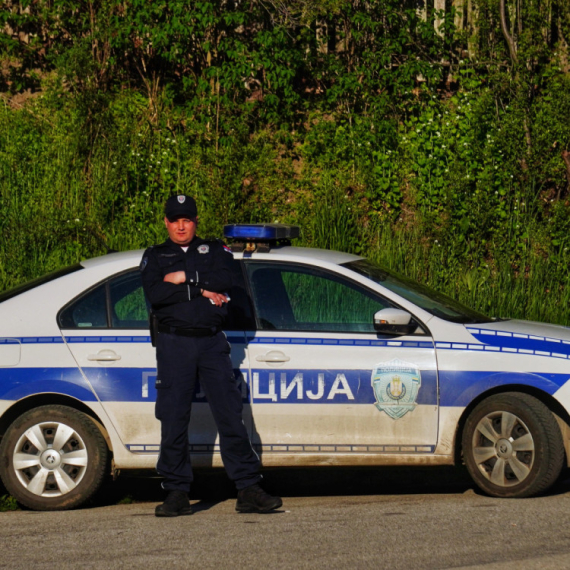

















Komentari 50
Pogledaj komentare